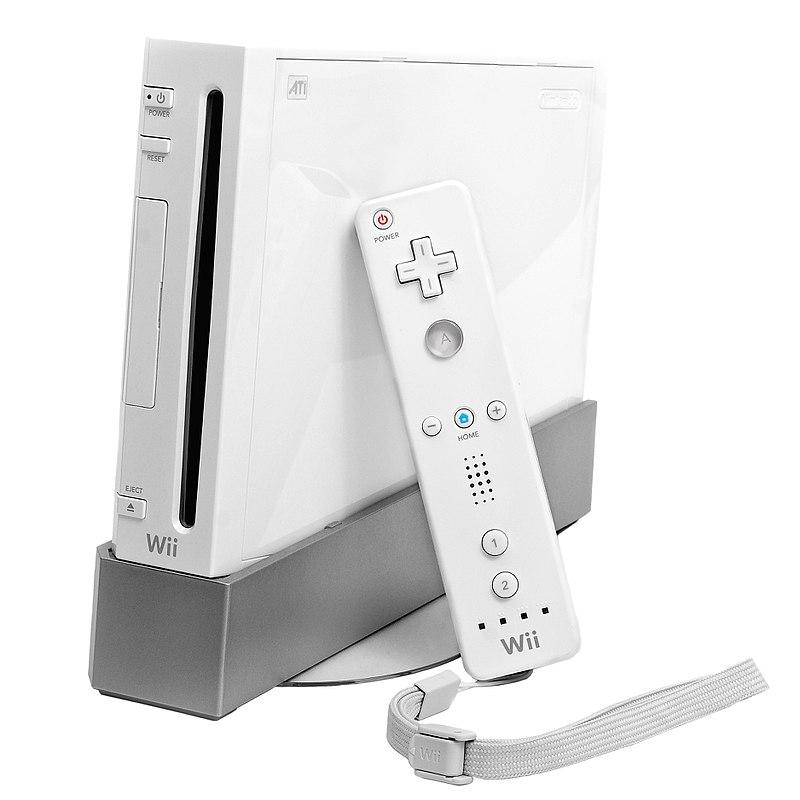Last games published for Wii
When Nintendo rolls out a new console, game support tends to dry up relatively quickly for the machine's predecessor.
The last year that the Nintendo 64 saw even a modest number of new releases was 2001, the year the GameCube launched in Japan. The N64's last game, Tony Hawk's Pro Skater 3, launched in 2002.
The GameCube's titles, which ceased in 2007, were similarly cannibalized by the launch of the Wii in 2006.
Wii owners should expect this pattern to continue, with the last Wii titles appearing in either 2014 or 2015.
Xbox 360 production scaled back
Microsoft will likely discontinue most overseas sales of the Xbox 360, though units will still be sold a few years longer in North America, the console's strongest territory. (Once the Xbox 360 had launched, the original Xbox was discontinued within a year in Japan, two years in Europe and three years in North America.)
Remaining sales will focus on the 4GB Xbox 360 E, aimed at budget shoppers and casual gamers looking for a dirt-cheap system with lots of affordable games. The price for a console without a Kinect (currently $199 for the 4GB) will have dropped to around $149.99 but likely will go no lower, as Microsoft looks to wean Xbox Live subscribers off the 360.

Sony, which has officially pledged to "support" the PS3 into 2015, will show few signs of discontinuing the console or its access to PSN. In this game of PR chicken with Microsoft, Sony is sure to blink last. Its global audience and continued strong PS3 sales will allow it to keep its network support running for quite a while longer than Xbox Live for the 360.
Unlike the Xbox, PlayStations have a proven track record of longevity even after their technical obsolescence. Sony sold 28 million units of the PSone, a minimalist version of the first PlayStation that was available for four years after the PS2 debuted. Similarly, more than 50 million PS2s were sold after the PS3 came along.
Collectors generally recommend you dedicate your limited storage space to games rather than hardware.Sell it or store it?
With the flow of new games on older consoles slowing to a few last drops, most avid gamers will be facing the question that arises once or twice a decade: Should you keep that old console?
The first question you should really ask yourself is how well your console is working. If your machine's got a shoddy disc tray or other reliability issues, just get rid of it any way you can.
Veteran Nintendo game collector Rick Brun, creator of NESMaps.com, somewhat surprisingly recommends not holding on to a working Wii because he believes their stability will make them commonplace in the decades ahead. By comparison, the Xbox 360 had a failure rate of around 50 percent its first two years of production and only recently caught up to the PS3 in terms of reliability.
"The Wii is definitely a much more stable system," Brun says. "You're probably OK selling it, and you can get one later. But if you've got a good working PlayStation 3 or Xbox 360, you might want to hang on to it."
Collectors generally recommend you dedicate your limited storage space to games rather than hardware.
"Keep what you like. Keep what you enjoyed playing and get rid of the games you didn't," Brun says. "Keep them in a dry cool place out of the sunlight. If you do have them on display, make sure they're not in a place where direct sunlight can hit them, because it will discolor them."
If you're not interested in storing your old machine and games, and selling them sounds like too much trouble for too little reward, you might want to consider donating them to a nonprofit like The Get-Well Gamers Foundation, which finds a new home for old consoles at children's hospitals across the country.
